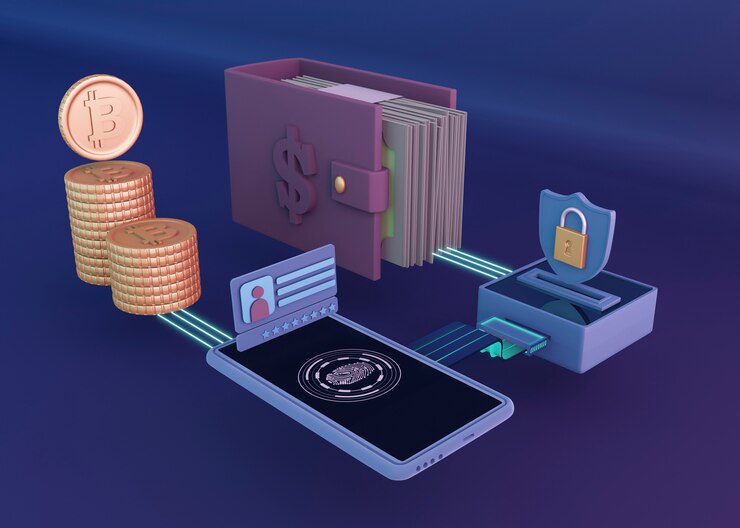Data breaches are a constant headache in today’s digital age. From social media giants to mom-and-pop shops, no one seems immune to cyberattacks. But fear not, fellow data warriors! There’s a new sheriff in town – blockchain technology – and it’s here to revolutionize the way we store and secure our precious information.
The Data Deluge: Why Traditional Storage Needs an Upgrade
Let’s face it, traditional data storage solutions are like a filing cabinet with a faulty lock – easy to pick and outdated. Here’s a glimpse into the problem:
Centralized Servers: A Single Point of Failure: Most data is stored on centralized servers, making it vulnerable to hacking if a single point is compromised. Imagine all your important documents locked in one flimsy safe – that’s the risk with centralized storage.
Lack of Transparency: With traditional methods, you often don’t have complete control over who can access your data. It’s like lending your phone to a stranger – you never know what they might be peeking at.
Data Tampering Concerns: Traditional storage systems are susceptible to data manipulation, making it difficult to guarantee the authenticity and integrity of information. It’s like having a document with erasable ink – anyone could change the content and you’d be none the wiser.
Enter Blockchain Technology: A Distributed Ledger Revolution
Blockchain technology offers a revolutionary approach to data storage. Here’s how it works:
Picture a digital ledger, similar to a massive Google Doc, that is continuously updated and shared across a vast network of computers. Every change or transaction is recorded in chronological order, creating an unbreakable chain of information. This distributed ledger system is the essence of blockchain technology.
Here’s a table summarizing the key benefits of using blockchain technology for data storage:
| Benefit | Description | Analogy |
| Decentralization | Data is not stored in one central location, but distributed across a network of computers, making it highly resistant to hacking. | Imagine a document replicated on millions of computers – it’s almost impossible to tamper with all of them. |
| Transparency | All transactions on the blockchain are visible to everyone on the network, ensuring complete transparency and auditability. | Think of a public record where everyone can see every change made to a document. |
| Immutability | Once data is recorded on a blockchain, it becomes immutable and cannot be altered or deleted. | It’s like writing in ink on a permanent record – the information is tamper-proof. |
Beyond Security: Blockchain’s Potential Applications for Data Storage
Blockchain technology isn’t just about bulletproof security; it unlocks a world of possibilities for data storage:
Secure Medical Records: Imagine a system where your medical history is stored on a blockchain, accessible only by authorized personnel, ensuring patient privacy and data integrity.
Supply Chain Tracking: Track the movement of goods from origin to destination with complete transparency, eliminating counterfeit products and ensuring ethical sourcing. It’s like having a real-time GPS tracker on every product, showing exactly where it came from.
Secure Voting Systems: Imagine an immutable record of votes, eliminating the risk of fraud and manipulation in elections. It’s like a digital ballot box that can’t be tampered with.
The Road Ahead: Challenges and Future of Blockchain Data Storage
Blockchain technology is still in its early stages, but its potential for secure data storage is undeniable. However, there are challenges to overcome:
Scalability: Current blockchain systems can struggle to handle massive amounts of data. Imagine a traffic jam on the digital highway – processing large datasets can be slow.
Regulation: The legal framework for blockchain technology is still in development and evolving. It’s like navigating uncharted territory – there are still legal gray areas that need to be addressed.
Energy Consumption: Some blockchain systems require significant computing power, raising concerns about energy consumption. Imagine a data storage system that uses as much energy as a small country – that’s the environmental impact some blockchains face.
The Takeaway: A Brighter Future for Data Security
Blockchain technology offers a glimpse into a future where data security is no longer a dream, but a reality. While challenges remain, the potential benefits are undeniable. As the technology matures and regulations evolve, blockchain technology is poised to revolutionize data storage, transforming it from a leaky bucket into an impenetrable fortress. So, keep an eye on this innovative technology – it might just be the key to safeguarding your digital life in the years to come.







